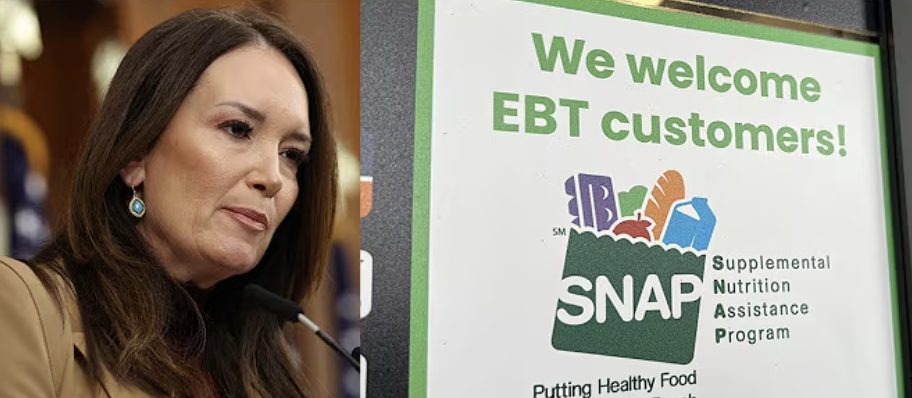
Millions of households relying on SNAP may soon face a significant change to their enrollment process.
The head of the USDA announced that the entire system will undergo a comprehensive review following the discovery of extensive inconsistencies in current records.
The move is being described as part of a broader effort to tighten oversight and ensure that only eligible recipients continue receiving support.
While the plan has sparked questions about what comes next, it signals one of the largest administrative shifts the program has seen in years.
Why a nationwide reapplication is being considered
Agriculture Secretary Brooke Rollins announced that all SNAP beneficiaries will be required to reapply after officials flagged concerns about inaccurate enrollment data.
She said information recently received from 29 states identified “186,000 deceased men and women and children in this country are receiving a check.”
Rollins suggested that reviewing additional state information may reveal even more discrepancies once complete data is gathered.
She described the effort as the starting point for rebuilding the assistance program, ensuring that aid reaches only those who truly need it.
How officials say this overhaul fits into current rules
According to the Department of Agriculture, every region already requires beneficiaries to update their information regularly through a recertification process.
Most households are prompted to confirm details like earnings and addresses every 6 to 12 months.
A USDA spokesperson said the secretary wants to end “fraud, waste, and incessant abuse of SNAP,” noting that past assessments relied on estimated fraud levels rather than confirmed data.
The spokesperson added that using standard recertification procedures, increasing data analysis, and expanding collaboration with states are all part of the plan moving forward.
Also read: The $2,000 promise hanging in the balance: Why Trump's tariff dividend faces an uphill battle
Concerns rise amid government funding uncertainties
This announcement comes shortly after food benefits were caught in the middle of recent government shutdown negotiations.
During that period, officials debated whether contingency funds should be used to keep the program operating.
Rollins confirmed that families and individuals are still expected to receive their full benefits by Monday.
More than 41 million Americans rely on the program to buy groceries, according to figures from the Center for Budget and Policy Priorities.
What officials say about fraud investigations
Rollins said that 120 people have been arrested for committing fraud tied to food benefits.
She described the program as “corrupt” during a conversation with one news outlet and said new investigative systems are allowing officials to uncover issues that had remained hidden for years.
According to her, “these are the things that we’re uncovering that, for years, no one has really ever dug into because the feds didn’t have the system in place to do it.”
She emphasized that the administration has made fixing the program a priority and vowed that “we will fix this program.”
Many households rely on these benefits to keep food on the table, and a systemwide reapplication could affect millions.
Some people may see it as a necessary step toward accountability, while others may worry about delays or complications.
Experiences with recertification can differ widely depending on location and individual circumstances.
Read next:
- Lawmakers push Social Security bill that could add $200 to monthly checks
- Social Security taxes: what could change in 2026 for retirees
- End of an era: The penny retires after 230 years—here’s what it means for your wallet
How do you feel about this major change, and have you navigated benefit reevaluations before? Would a full reapplication strengthen the system, or could it create unnecessary complications for families who rely on these benefits? Share your thoughts and experiences in the comments below.






